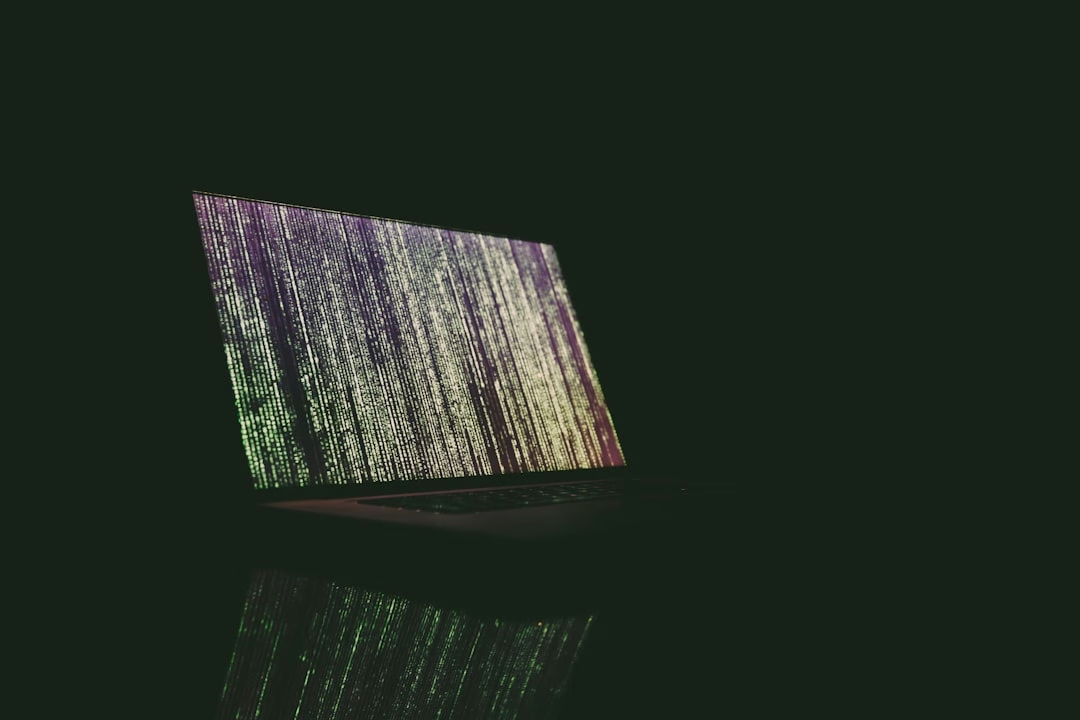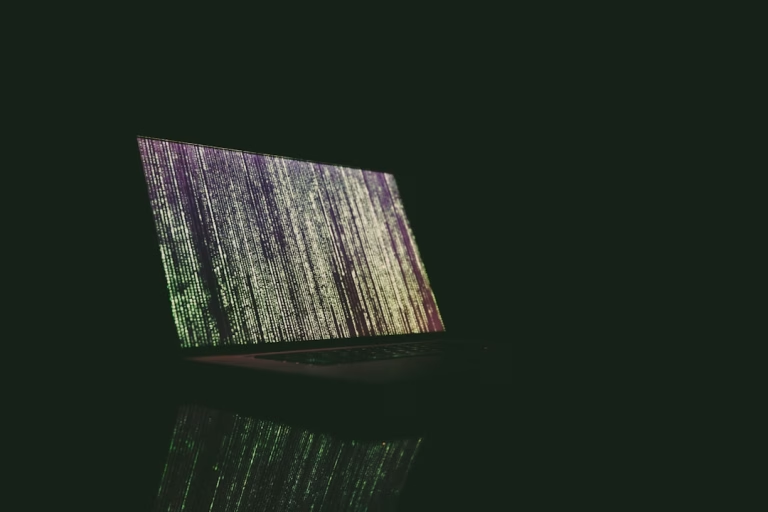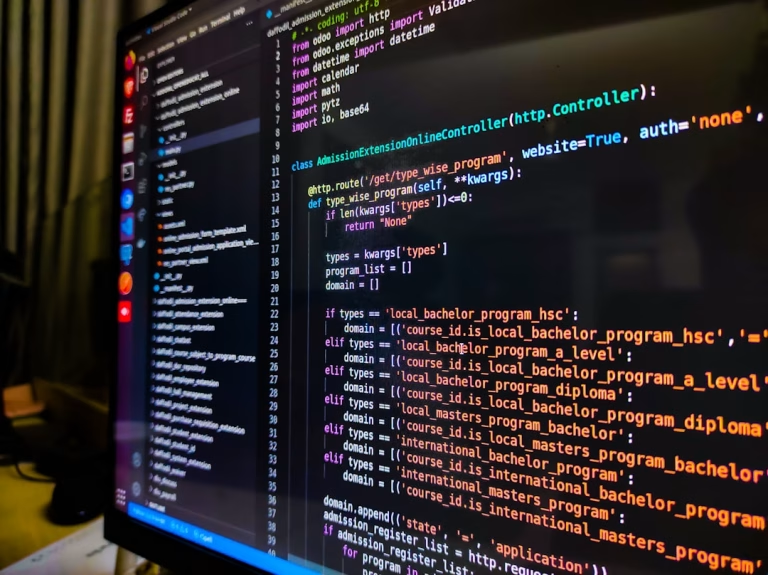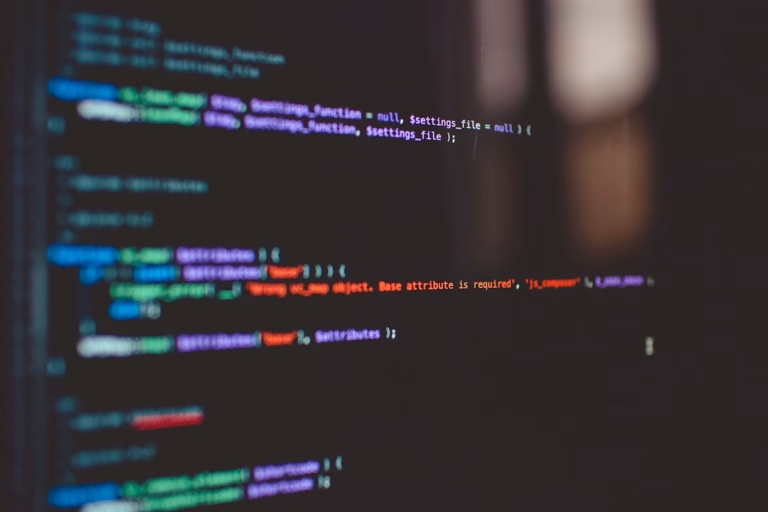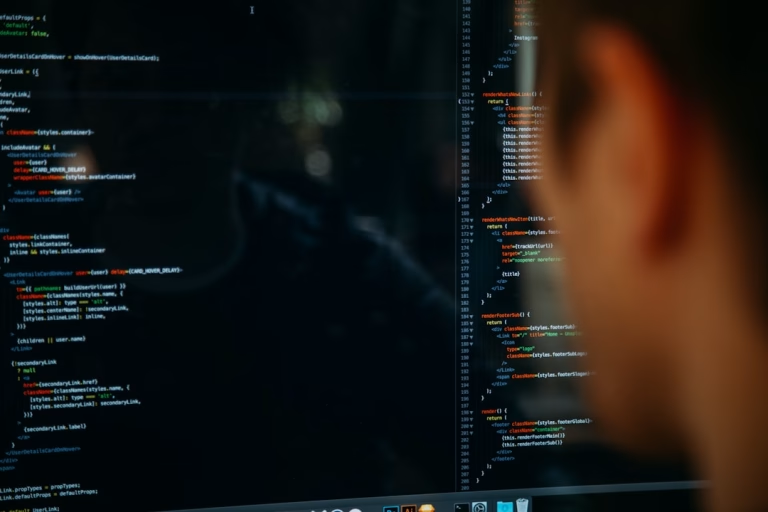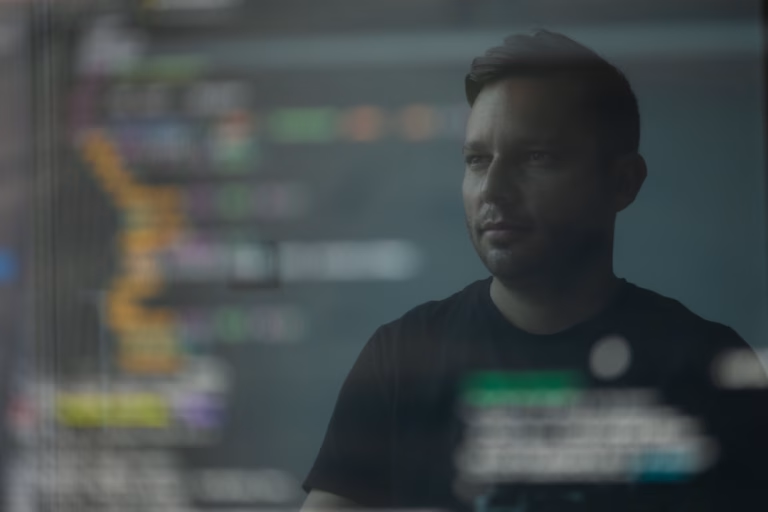The Beginner’s Guide to R Programming
The Beginner’s Guide to R Programming
Welcome to our beginners guide to R Programming. R is a popular language for statisticians and data analysts, known for its capabilities in statistical computing and graphics. Whether you belong to the field of data science or are just a newbie with interest in programming, it’s time to take your first step into the world of R Programming.
What is R Programming?
R is a open-source language and environment developed specifically for graphical representation, reporting, statistical analysis and data modelling. It was first developed by Ross Ihaka and Robert Gentleman at the University of Auckland, New Zealand. Complete with a strong package ecosystem and active community, R offers a robust and constantly evolving language for your data analysis needs.
Why Should You Learn R?
- Popularity: R has a growing popularity and is one of the top languages in the data science field.
- Community: A large and active community provides tremendous support to beginners.
- Visualisation: It has excellent packages, like ggplot2, for high-level graphics and data visualisation.
- Advanced Statistics: R comes loaded with functionalities for all your complex statistical computation needs.
- Robust: It can easily integrate with other languages.
Getting Started
Starting your journey with R Programming is fairly uncomplicated. All you need is a good understanding of basic programming concepts.
- Installation: The first step is to install R and R Studio which is an integrated development environment (IDE) for R. They are both open source and free.
- Learning Basic Syntax: Having installed R and R Studio, the next step is learning the basic syntax, which includes understanding how to use variables, loops, functions, and other control structures.
- Working With Data: Learn how to import, export, and manage data in R. Understanding how to manipulate and analyse data is crucial.
Wrapping Up
Luckily, R is extensively documented and supported. There are many amazing resources available online, from tutorials and online courses, to forums and blogs, like this one, where you can connect with other learners and experts. Now that you have a basic understanding of what R Programming is and how to get started, I hope you are excited to dive even deeper into this powerful language. Happy Coding!
